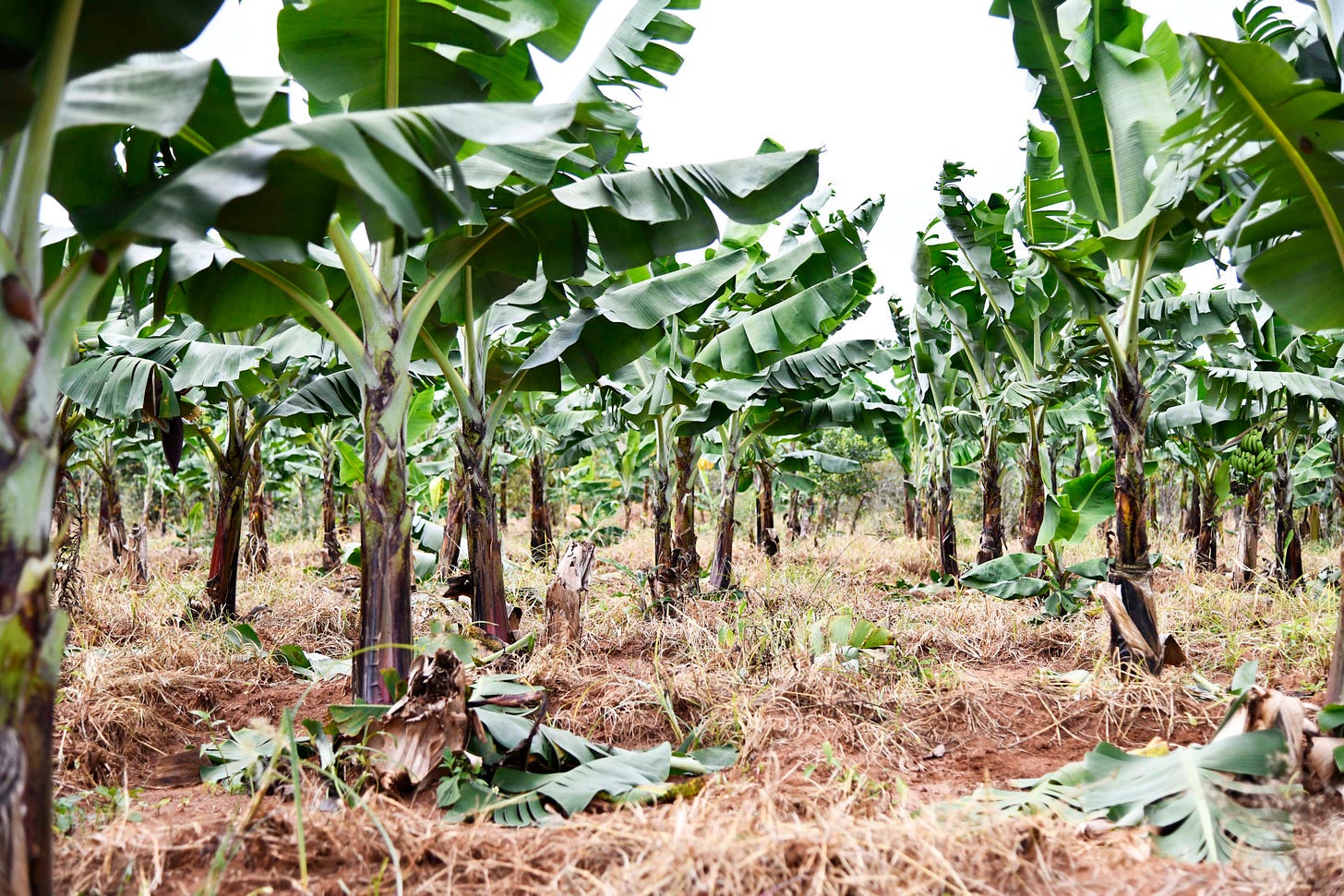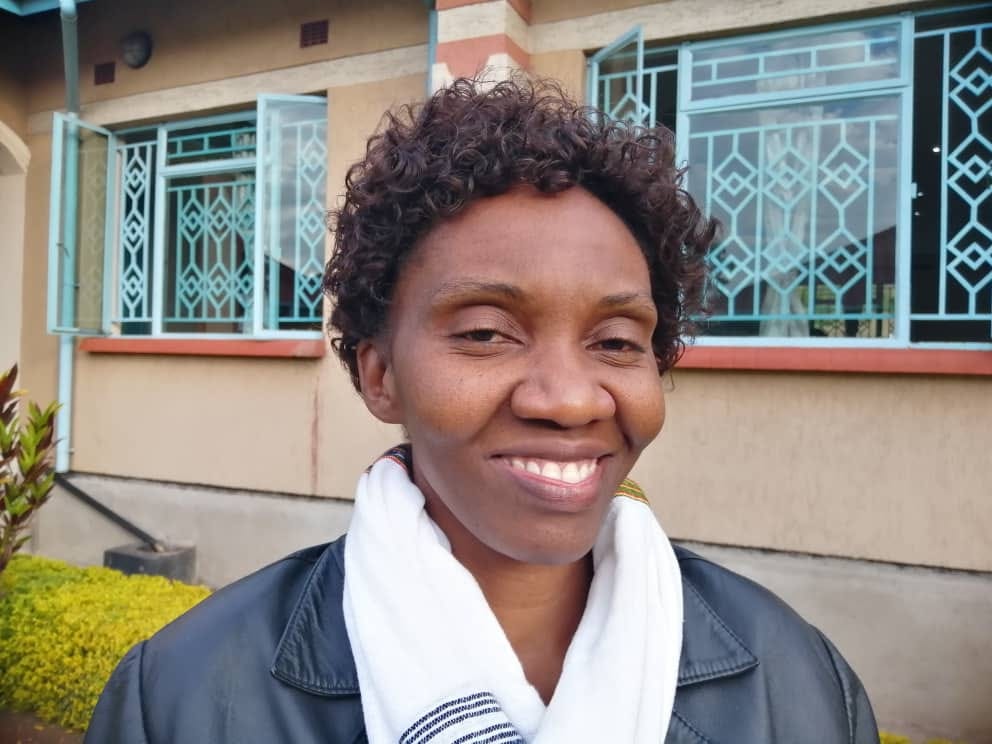GOING ORGANIC - Farmers urged to cut pesticides use to improve agro-ecology
Against rising cost of inorganic fertilisers farmers are being encouraged to raise domesticate animals in order to access organic manure that improve agro-ecology while reducing pesticide use

LILONGWE, Malawi (Planet Defence) - Promoting Agro-ecology Transition for Enhanced Resilient Agriculture (PAET-ERA) is promoting food and income security through diversified livelihoods among subsistence farmers in Dowa.
Chief among the interventions is the promotion of organic farming and discouraging farmers from using large scale chemical pesticides that are detrimental to both human health and environment.
Chifundo Macheka, Churches Action in Relief and Development (CARD) Project Officer for Dowa west rural development programme explained they are giving out extension advisory to farmers about better agro-ecology.
This is the long term will lead to better soil and human health. The capacity building programme involves mentoring farmers to use more of manure from domesticated animals and avoid chemical pesticides use.
“These pesticides are considered detrimental to the environment as they have a bearing on human health and environment in the process. We want to ensure soil and human health in the process and use of local resources and knowledge to deal with challenges facing farmers in their locality,” Macheka explained.
The programme aims to improve smallholder farmers in productivity for food, nutrition and income security where are hindered by negative effects of climate change.
Malawi has experienced an increase in the frequency, intensity and magnitude over the last two decades of extreme weather events. These have heavily affected farmers in terms of food and nutritional security.
PAET-ERA project funded by Bread for the World of Germany, is inline with chemical waste management project aimed at strengthening the institutional capacity to plan, monitor and coordinate implementation of policies, strategies and national programmes for the sound management of chemical and wastes as part of pollution containment.
Using the group dynamics approach, PAET-ERA is building capacity among farmers in soil and water conservation, post harvest management, small scale irrigation, access to knowledge and information sharing in agro-ecology and restoration and sustainable use of natural resources.
The United Nations Environment Programme funded project implemented by Environmental Affairs Department will increase awareness of the public and decision makers on the life cycle of chemicals and waste, participatory management of waste by the public.
The programme will develop a functional integrated information management database system which will be accessible by all.
“We noted that chemicals haven’t had the limelight as other issues in general. Therefore, the project highlighted that chemicals are important and they need to be managed properly in order to protect human health and the environment,” Caroline Theka, Chemical Waste Management Coordinator at Environmental Affairs Department made the remarks.
The two programmes underscores a need for different state and non state actors to work together as part of synergy in curbing waste management in the bid to ensure pollution is kept under control in the country.

According to Theka issues of waste management are getting complex with the increasing human population. It is high time that we scale-up awareness on how the local populace can integrate chemical and waste management in their daily life.
This is of paramount importance to curb pollution that is affecting different ecosystems and posing a threat to humanity in turn in the country, she adds.
In November, 2020 President Lazarus Mac Carthy Chakwera launched the National Clean – Up day. The rationale for designating the day was to ensure a healthy environment for all Malawians as enshrined in the constitution.
Malawi’s has a number of regulatory frameworks that are in line with chemical waste management and the overarching one include the Environment Management Act, 2017.



